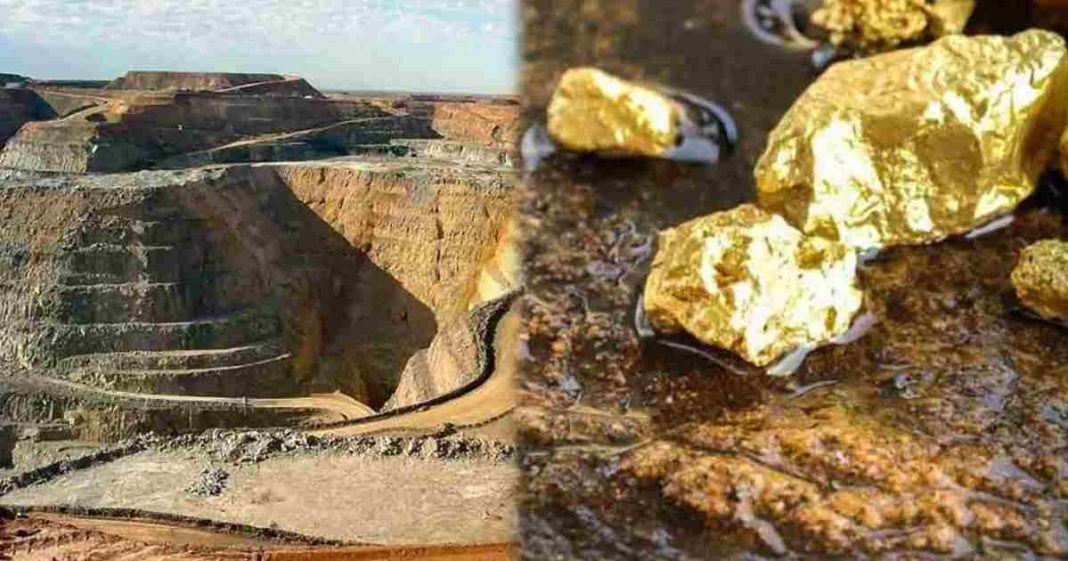News is making the rounds that Pakistan and Tethyan Copper Company (TCC) agreed to 50 percent shares in the Reko Diq case. The agreement will protect Pakistan from a hefty fine from international courts.
According to details, Pakistan and TCC agreed to divide shares with each side getting 50 percent of them. Pertinent to mention, Pakistan had a stake of 25 percent in the previous deal.
Sources claim that Pakistan and TCC will most likely sign the deal in February. If finalized, the deal will avert the threat of imposition of a $10 billion dollar fine on Pakistan.
Read more: The Reko Diq Conundrum and lawfare against Pakistan
Furthermore, reports suggest that after the finalization of the deal, TCC will come back to Pakistan and resume mining. This will allow Pakistan to use the mining resources of Reko Diq. Government is yet to confirm the news, however, there are claims that the agreement was an out-of-court settlement.
Good News for #Pakistan
Huge breakthrough in out of court settlement b/w Pak and Tethan company over recodik case. Both sides agreed on 50% share which Pak had 25% last time. If talks succeeded, 10B$ fine to Pak will be waved off— Zulqarnain Iqbal (@zulspeaks) January 20, 2022
Major Breakthrough: Pakistan and Tethyan Copper Company(TCC) have agreed over 50 per cent shares over Reko Diq.
TCC may come back & start mining work again in Reko Diq.
This will allow us to use the mining resources of Reko Diq.
It can also remove a multi-billion-dollar fine.
— Economy of Pakistan (@Pakistanomy) January 20, 2022
The Reko Diq case
To clarify, Reko Diq is an area in Balochistan famous for natural resource deposits such as copper and gold. Thus, the Reko Diq Mining Project was to build and operate a world-class copper-gold open-pit mine at a cost of about $3.3bn.
In 1993, Australian mining company BHP Billiton and the Balochistan government signed an agreement known as “Chagai Hills Exploration Joint Venture Agreement (CHEJVA)” for the exploration and mining of copper and gold at the Reko Diq Mine.
As per the agreement, BHP would hold 75 percent interest in the project while the government held the remaining 25 percent share on a joint-investment basis with a 2 percent royalty payment. In April 2000, BHP handed over its obligations to a little-known Australian company Mincor Resources, which was acquired by TCC in 2006.
However, the Balochistan government terminated the lease since it claimed that the company secured the lease in a non-transparent manner. By then, TCC already invested $220 million in Reko Diq by 2011 when Pakistan terminated its mining lease.
TCC then took the case to the International Centre for Settlement of Investment Disputes (ICSID) as the company claimed $8.5 billion from the government in the form of foregone profit. In a 700-page ruling, ICSID awarded a US$4.08 billion penalty and $1.87 bn in interest to Pakistan.
The company also sought help from the World Bank arbitration tribunal in 2012. In July 2019, the World Bank slapped a whopping fine of $6 billion on Pakistan for denying the mining lease to TCC. However, Pakistan received a provisional stay after initiating annulment proceedings.
Read more: ‘Victory for Pakistan’: Pakistan wins stay over $6 billion fine in Reko Diq case














